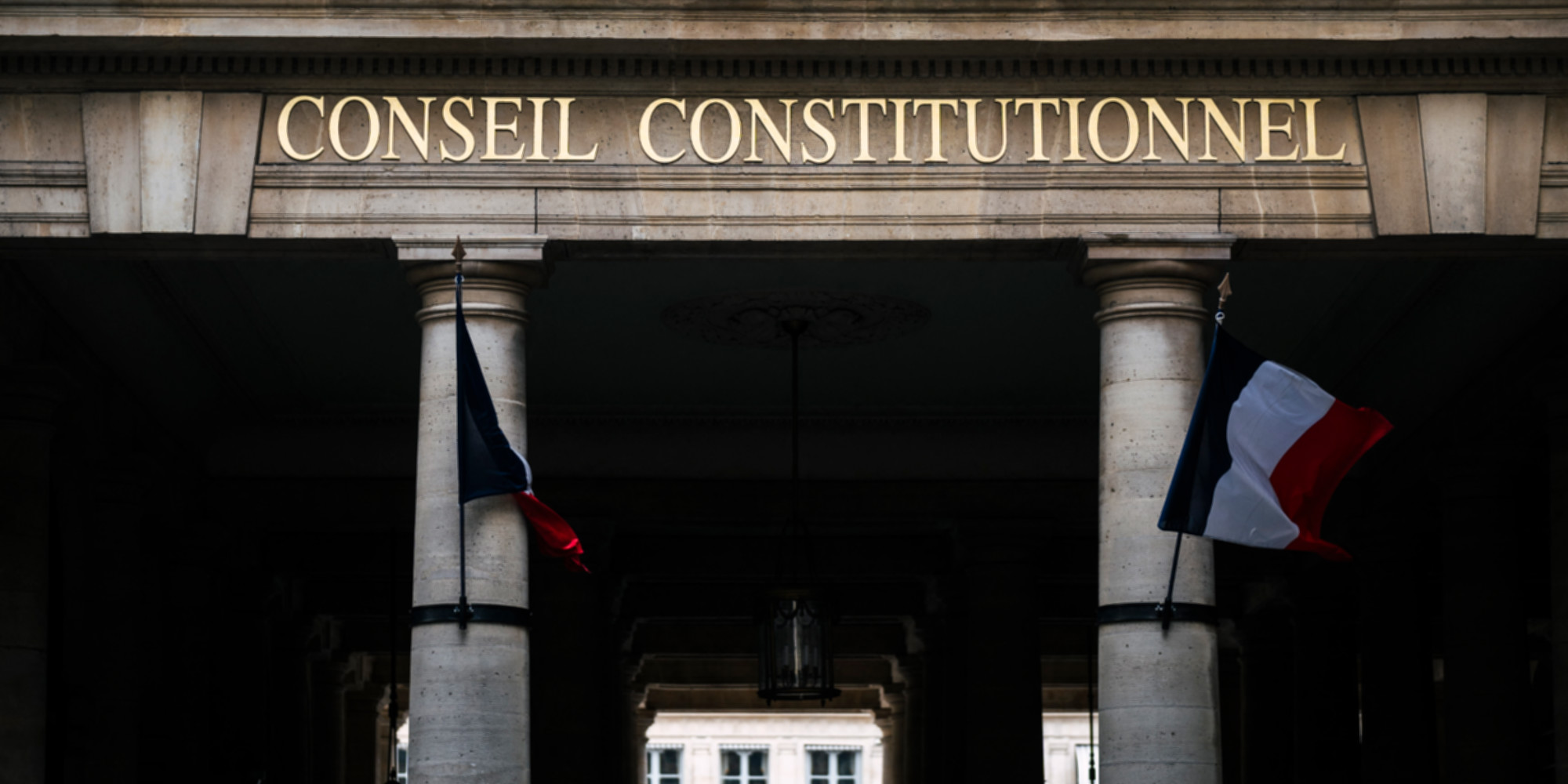The Constitutional Council on Thursday censored one of the most sensitive measures in Eric Dupond-Moretti’s justice bill: the remote activation of mobile phones and electronic devices to listen and film people targeted in certain investigations without their knowledge . The measure “infringes” the “right to respect for private life” which “cannot be considered proportionate to the aim pursued”, say the Sages in a press release. The Council, however, validated the use of this technique for geolocation.
The deputies of La France insoumise (LFI) filed an appeal before the Constitutional Council after the adoption of this law on October 11. By censoring remote video and audio recording, the Sages emphasize that the measure “allows the recording, in any place where the connected device owned by a private person may be found, including places of residence, of words and images concerning both the people targeted by the investigations and third parties. They see it as “a particularly significant attack on the right to respect for private life”.
“Very dangerous slope”
The government intended to authorize this new investigation technique in cases of terrorism, delinquency and organized crime. The left had denounced a “very dangerous slope”, even an “authoritarian drift”, in the wake of criticism from NGOs and lawyers. This concerns “dozens of cases per year”, which is “far from the totalitarianism of 1984“, the novel by George Orwell, responded Eric Dupond-Moretti. The Minister of Justice compared the measure to the “old technique” of microphones or cameras placed in suspects’ homes.
Above all, he underlined that the remote triggering of connected devices is already used by “the intelligence services”, without the authorization of the judge, which must be essential here. This partial censorship comes on the day the minister’s trial has just ended before the Court of Justice of the Republic, pending the decision scheduled for November 29, for suspicion of illegal taking of interests, which he contests. .
Expanded possibilities for carrying out night searches
On October 11, Parliament largely adopted its programming bill, with the support of the right and the far right, and the abstention of the socialists. To “halve” judicial delays, this text promises a justice budget of nearly 11 billion euros in 2027, compared to 9.6 in 2023, and the hiring of 10,000 people in five years, including 1,500 magistrates. and 1,800 clerks. The Constitutional Council validated another provision contested by LFI: the expanded possibilities of carrying out night searches.
